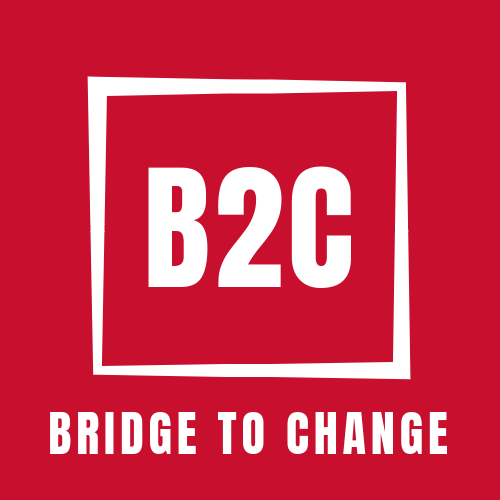In Part 1 of this blog series, I challenged you to become part of the 30% of teams that make successful process changes. I introduced the framework for process improvement, and identified two questions that teams in the 30% consistently ask:
- Why are we doing this?
- Is this the right solution?
Today let’s look at what the 30% does to ensure that they are pursuing the right solution in the “Improve” phase.
1. The 30% considers multiple solutions
My husband and I go camping a lot with our Venturing Crew. The Crew members, who are aged 14 – 20, are responsible for packing all the common camping gear, the kitchen gear, and the food. As you can probably imagine, we occasionally wind up at our campsite missing a thing or two that we’d expected to have. That’s when you learn that there’s always – always! – more than one way to do something.
No bleach to sterilize dishes? Boil the dishes instead.
No pop-up canopy to cover the kitchen area during a rainstorm? Improvise one with a tarp and some rope.
No rain poncho? Use a large garbage bag.
Bacon and eggs, but no frying pan? Make a frittata in a Dutch oven instead.
No Dutch oven? Make tin foil pouches.
No tin foil? Cook the eggs directly in coals (yes, you can) and the bacon on wood skewers.
When I work with a team that has identified a solution, I like to ask them, “What other solutions did you consider?” The 30% can always list at least one or two other options that were proposed.
2. The 30% evaluates the strengths and weaknesses of each solution
While it’s true that there’s always more than one way to solve a problem, some of those solutions are typically better than others. What’s tricky is defining “better”. Better for whom? Under what circumstances? And what are the tradeoffs?
As an example, our Crew generally sterilizes dishes with a bleach solution. Why? Because it’s cheap, effective, and quick. So why would you ever do anything else? Well, sometimes we go backpacking. In those cases, bleach becomes just one more thing you have to carry. When you’re backpacking, every ounce counts. Bleach also isn’t very environmentally friendly. If we’re in a wilderness area, we really don’t want to be dumping chemicals onto the ground. Under those circumstances, bleach becomes a less attractive solution.
It’s important to objectively evaluate potential solutions. Teams in the 30% ensure that their stakeholders have considered each potential solution from a variety of perspectives. Sometimes strengths and weaknesses aren’t obvious. Better to identify them before the solution is developed and implemented than after!
3. The 30% ensures that the solution addresses improvement goals
In my previous blog, I mentioned that it’s important to continually revisit the “why”. As you’re evaluating potential solutions, go back and revisit the improvement goals. To be in the 30%, you have to be sure that the solution will deliver what the customer is looking for.
4. The 30% never forgets the human factor
The 30% never loses sight of the fact that real people under real-life circumstances must perform this process. It’s easy to get caught up in the “cool factor” for a new solution and forget about the people who will be using it.
My favorite example of this is from a client I worked with a couple of years ago. They were giving iPads to the staff that maintained their manufacturing facilities. There was a legitimate business need to have a better process for notifying the maintenance staff about needed repairs, and for having more timely updates about which tickets had been handled and which ones were still outstanding. But iPads? Cool, yes. Useful for the maintenance worker who has to figure out how to carry it around and keep it from getting broken while working on manufacturing equipment? Not so much.
B2C offers a Business Process Analysis class designed to help you be part of the 30%. This class teaches the entire framework for process improvement, and is full of job aids to help you on your journey to a successful change.


